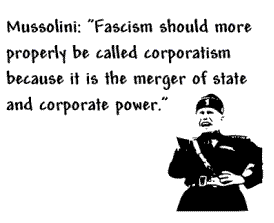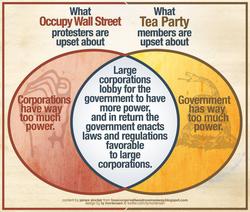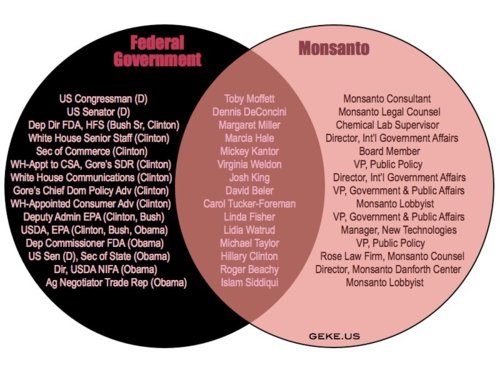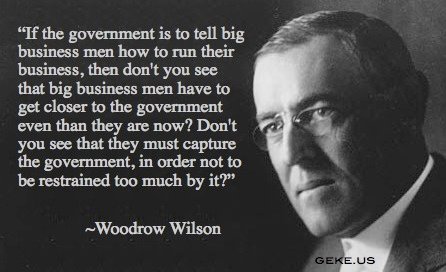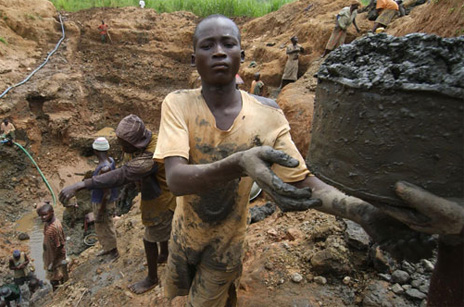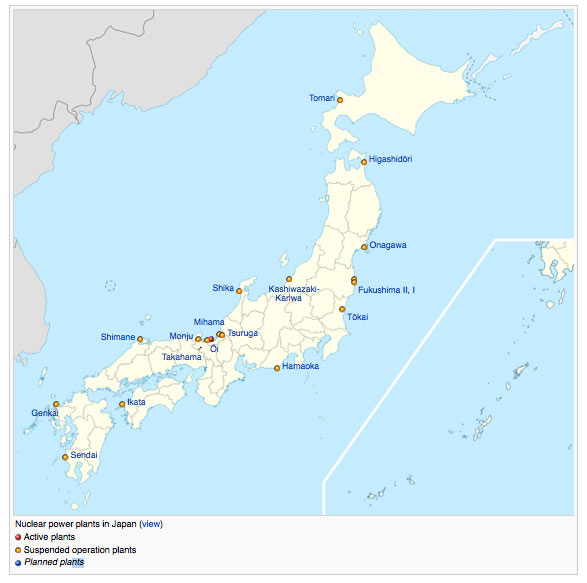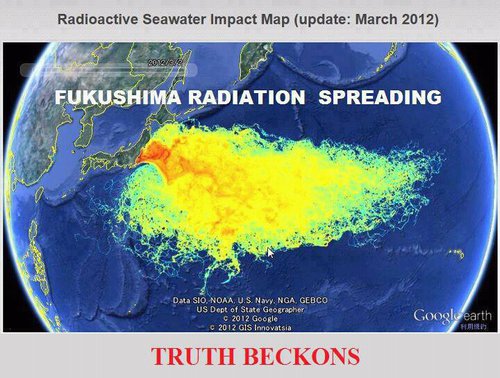Grieves
Senior Member
Right. Because from the standpoint of economics, there's no such thing as being taken advantage of.... so lets all pretend it's true.Yes- all mutually beneficial as perceived by those engaged in the transaction. You are placing value judgements on these transaction that are particular to you.
But one party is clearly taking huge advantage of the other, and is wholly aware of that.Trading territory for trinkets WAS seen as beneficial by both parties at the time.
Hypothetical scenario: Wealthy fiend with HIV pays 50 bucks, chump change to him, to sexually humiliate a homeless 18 year old. He gets to satisfy craven sexual urges for the cost of a single meal at a lackluster restaurant, she contracts an STD, gets pregnant, and is robbed of her sense of self worth for just enough money to scrape by in the short term, though with an illness that will cost her far more in the long term, as she, unlike him, is uninsured. Mutually beneficial?And if all you have to trade to stay alive is sex then there is at least an argument that trading it for money is beneficial -
For most its incredibly dangerous.and for some people it is positively advantageous.
There's a hilarious, if not highly disturbing advertisement from the 50's, in the format of a public service announcement and with some government backing, which promotes the idea that a tidy yard and a freshly painted house would protect your property from a Nuclear blast. Of course, it was produced by a paint company.Actually they were quite brainwashing. Soap Operas spring to mind. You weren't a victim.
Advertising is far more subtle these days in the way it applies influence. An example of that is this Metamucil add, which exudes a sense of frustration, hostility, and discomfort while portraying nothing that can really be directly associated with any of those feelings. This is achieved through body language, tone of voice, facial expression, and the choice of cuts/zooms... as well as volume, which when aired was always blaring above that of the actual program it interrupts. Aside from giving an otherwise mundane ad for a mundane product a more memorable emotional impact, I think the intention is to promote an uncomfortable sensation, the advertisements content leading to an association in the viewer of that discomfort with the bowels.
The 'haunted house' air freshener ads is another good example. I can't find them online, but there was a series of ads for either Febreeze or Lysol air-fresheners, usually shot in a blue-tinged light and beginning with four notes of their jingle being whistled, in which objects in the background are moving slightly/re-arranging themselves between cuts. The actual content of the ads never address these shifting picture-frames or roaming armchairs, they aren't part of the theme of the add in the slightest, and aren't even meant it seems to be 'noticed'. It's just a way to make a 20 second spot about a guy wandering his house comparing air-fresheners stick more than it would if that was all that was going on... a 'hidden' gimmick that still does the trick.

